

While COP27 has seen consensus reached on the loss and damage fund, there remain divergences in climate policies across countries. There should be more in-depth research on climate issues to build common grounds, especially the major means to achieve net zero emission, the relationship between energy supply and energy security, and fairness and justice amid the low-carbon transition.

ZHOU Xiaochuan
Vice Chairman, Boao Forum for Asia;Former Governor, The People's Bank of China
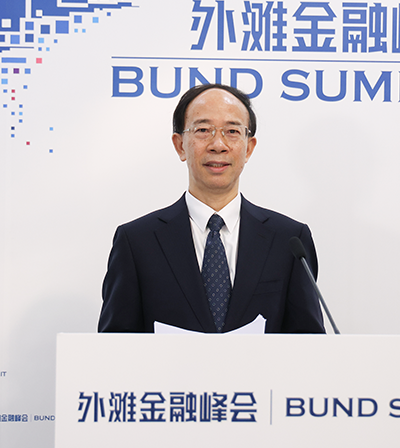

It is crucial to create a favorable environment for green transition, including improving the policy framework, enhancing standard setting, promoting market-based resource allocation, accelerating green technology development, and building social awareness.

YIN Yanlin
Deputy Director, Office of the Central Financial and Economic Affairs Commission
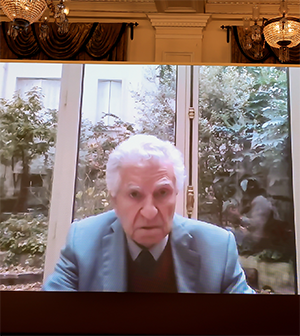

When 200 countries agreed to set the percentage to cover the loss and damage for particularly vulnerable nations suffering from climate change, the problem of its source is still a question mark. Because when we see the difficulties of the green climate fund to collect its 100 million, we may have reservations about its implementation at a convenient scale. When it comes to dealing with the unfair burden of climate change borne by developing countries, we should have much more ambitious approach based on the spirit of the suggestion by the IMF on the global price of carbon that would be allocated to developing countries mainly for funding their investment in clean energy.

Edmond ALPHANDÉRY
Chairman, Euro 50 Group; Former French Minister of Economy
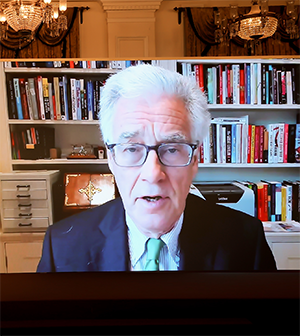

The International Energy Agency estimates that the world is investing about 1.3 trillion per annum in new clean technologies and the new electricity system of the future. And that has to ramp up to something like 2.5 to 3 trillion per annum by the early 2030s. If you break it down by region, it's about a trillion per annum each in the developed world, in China, and in the developing countries. The challenges in those three broad groups of countries are different.
In the rich developed world, we can rely on the private sector to do almost all of the investing. In China, the real challenge is to put the challenge of the green economy together with the challenge of rebalancing the Chinese economy in any case which needs to be done for macro-economic balance. What China needs to do is to shift investment on unnecessary property to the green economy and the development of the energy system. But in some developing countries, there will need to be a very significant flow of international finance coming from outside the countries, and some of that will only occur through development banks.

Lord Adair TURNER
Chair, Energy Transitions Commission
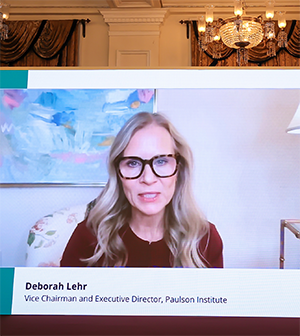

Today, we're in the midst of one of the greatest extinction events the earth has ever experienced, and the first to be driven by humans. At the root of this is the fact that we don't appropriately value nature and our economies.
Fortunately, the solutions that will make the biggest difference don't require a lot of money. For example, reforming harmful agricultural subsidies for forestry, fisheries, and farming would cost little or nothing except some strong political will. Second, better infrastructure planning would also make a big difference. Reducing the harm caused by traditional gray infrastructure is the top priority. At the same time, we must explore natural infrastructure and hybrid gray-natural infrastructure solutions. Third, financial institutions should be required to do more to monitor and disclose the positive and negative environmental impacts of their investment decisions.

Deborah LEHR
Vice Chairman and Executive Director, Paulson Institute
Watch the highlights
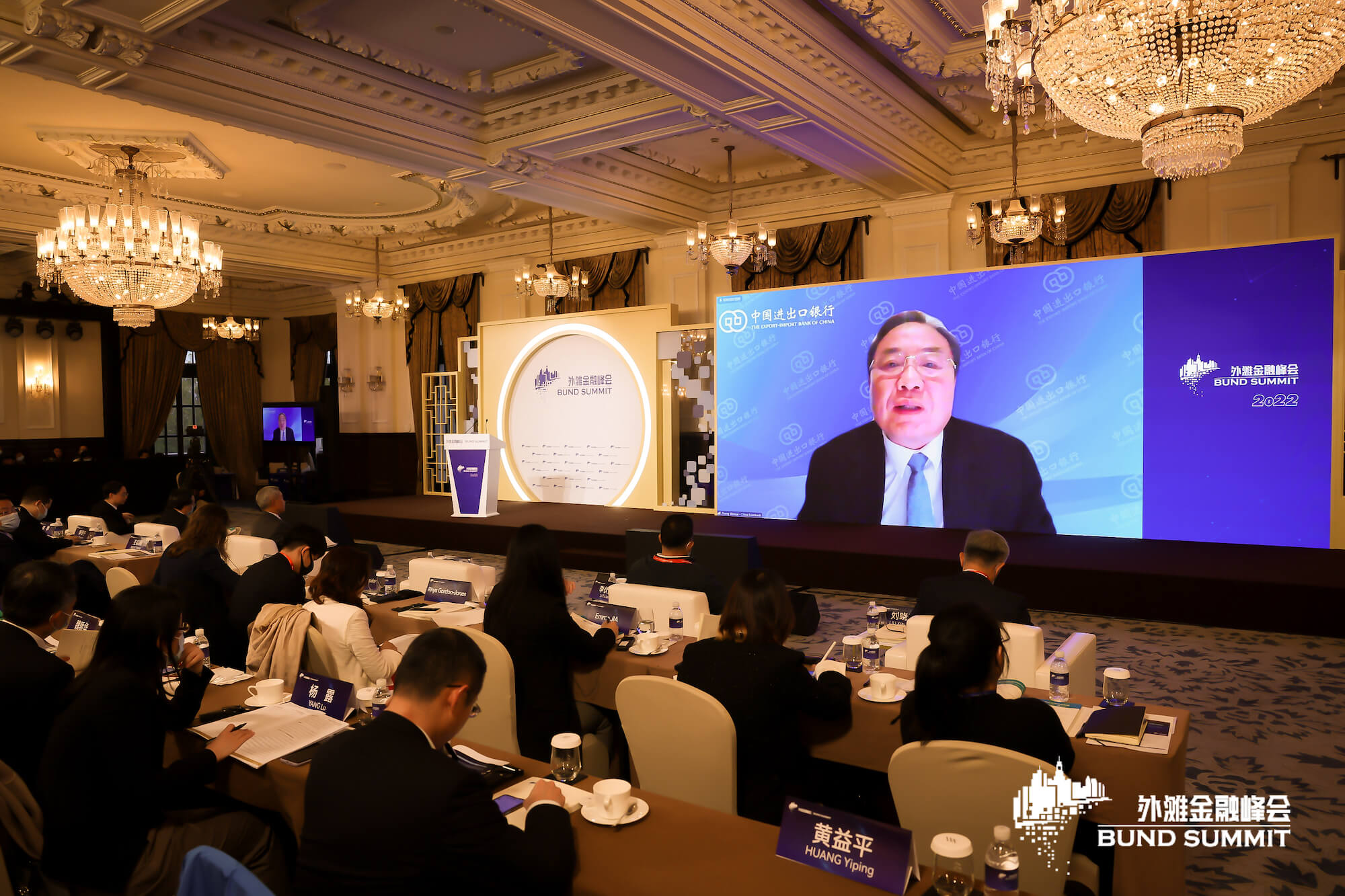



.jpg)





